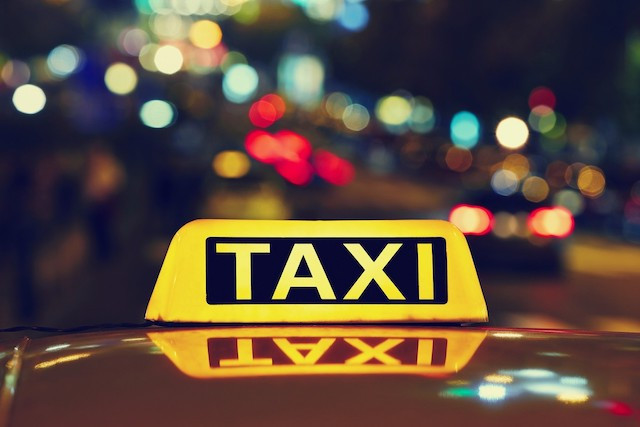Luxembourg taxi fares are notoriously expensive and a 2016 reform that aimed to create more competition in the sector has done little to bring down prices.
The government on 8 January adopted another reform, largely with the same aim.
If voted into law by parliament, the reform would abolish a division of Luxembourg into zones and allow taxis to pick up passengers anywhere in the country. It would also lift a 550 cap on taxi licences issued by the transport ministry.
In addition, drivers would be obliged to allow customers to pay by bank card and take the cheapest--rather than the shortest--route. Taxi drivers under the new rules would also have to take an exam before being issued a licence, with the maximum age of a driver set at 70.
The new rules--expected to come into force January 2022--could also open the market for rideshare services such as Uber or Lyft, as long as they meet Luxembourg labour law and social security requirements.
This issue was at the heart of a legal battle between Uber and authorities in France, where Uber drivers are registered as self-employed. But a court in March 2020 ruled that they have a right to be considered employees, granting them more rights, such as benefits and holidays.
The French court had said self-employed drivers should be able to build their own client base and set prices, neither of which Uber allows.
Several rideshare services had threatened to pull out of the US state of California after being told to reclassify drivers as employees. But voters in November passed a proposition exempting gig-economy drivers after platforms like Uber and Lyft ran a campaign worth more than $200m warning of higher prices and fewer drivers.
New York City and Seattle have both introduced minimum wage requirements for rideshare drivers.
The Luxembourg framework refers to rental cars with a driver, which can be booked in advance for a specific date, time and route. But the cars would need to feature a logo identifying their services on both sides of their car.
Under the new rules, rental cars with a driver must offer the same consumer protections as licenced taxis with violations punishable by law.
The 2016 reform had abolished minimum rates and allowed customers to take whichever taxi they want rather than having to use the first in the taxi rank.
